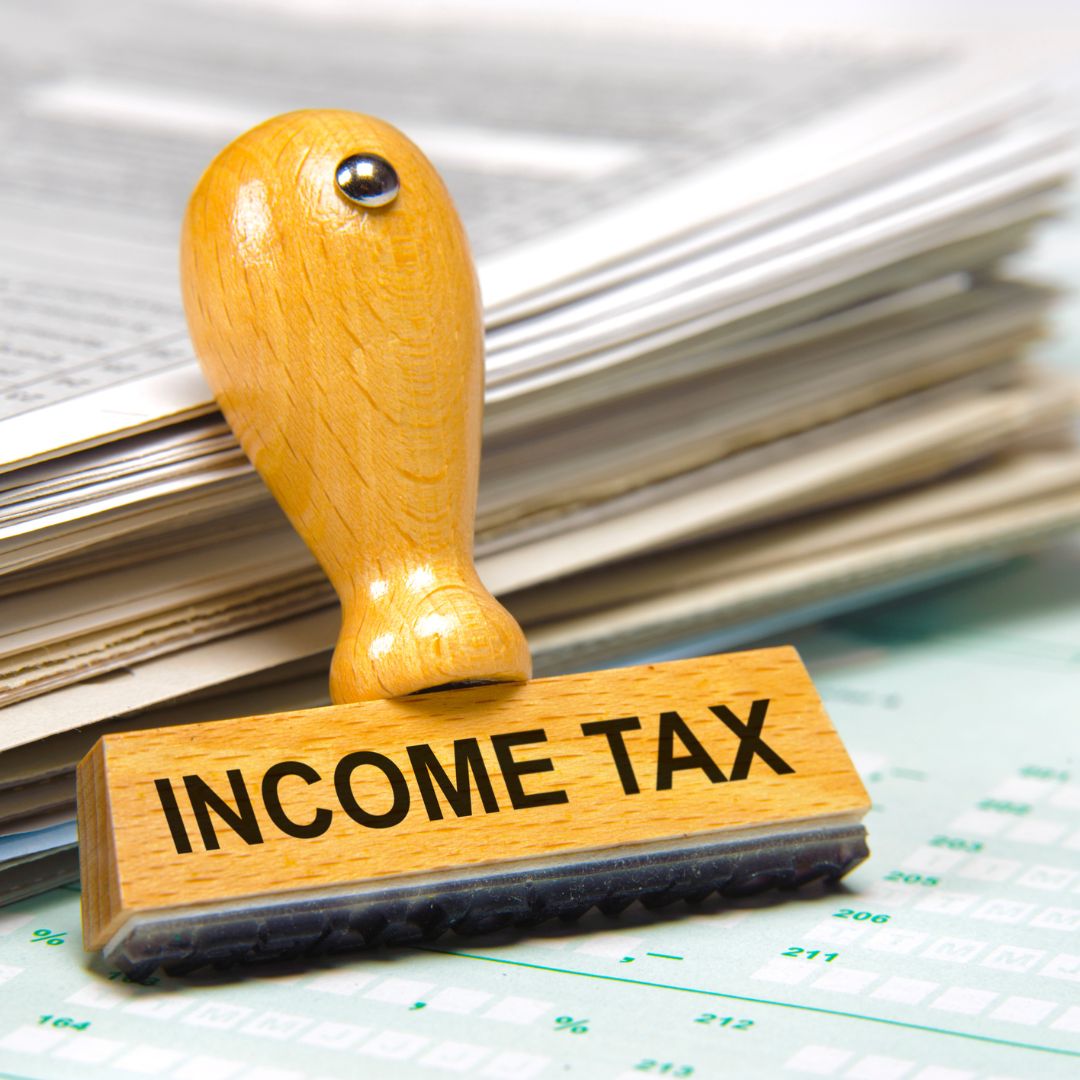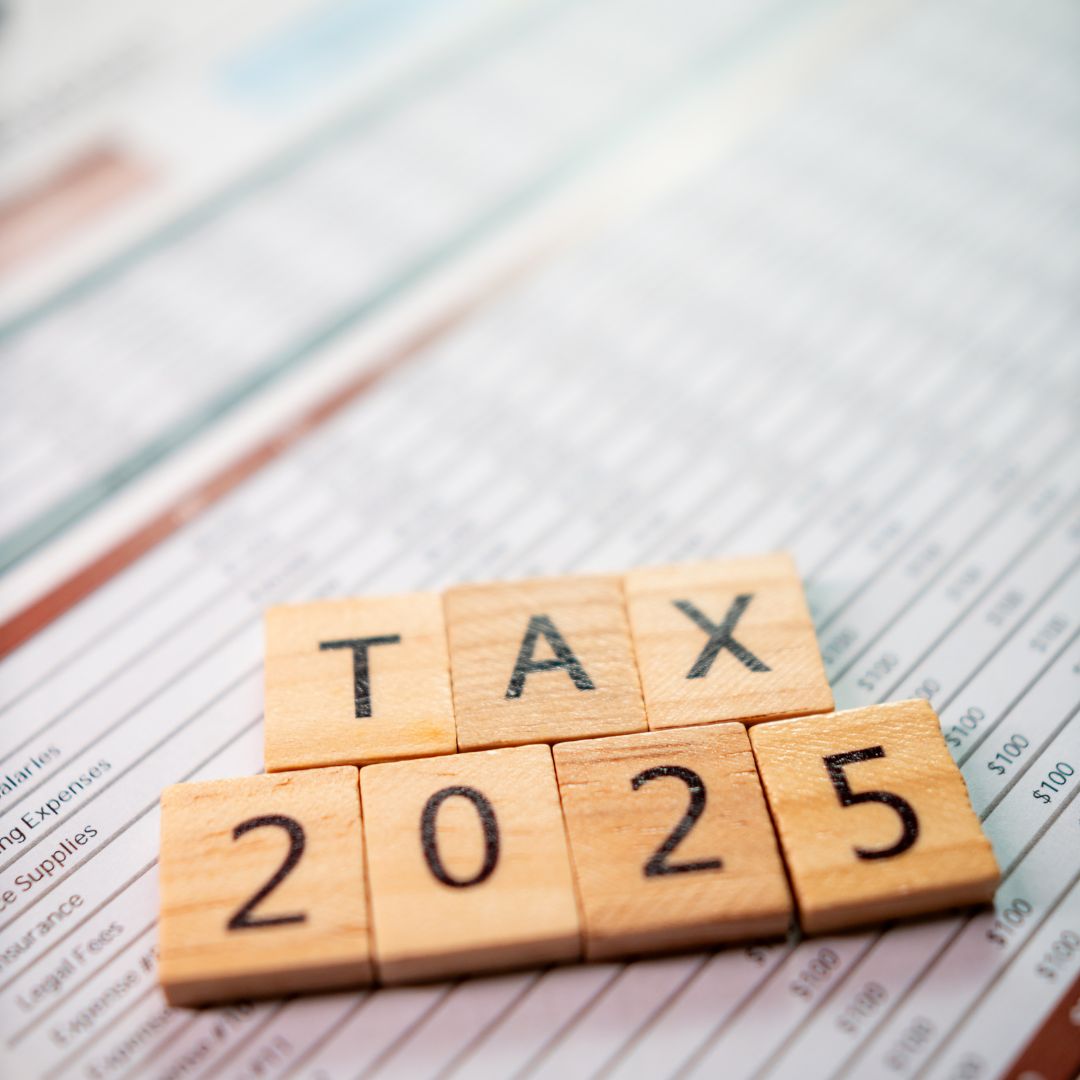As of 2025, Thailand is making significant changes to its personal income tax system. The reforms aim to make the tax structure more comprehensive and in line with global standards. Here’s what you need to know about the new personal income tax rules and how they could impact both Thai residents and expatriates living in the country.
1. Global Income Taxation for Thai Residents
A major change in Thailand’s tax system in 2025 is the shift towards taxing global income for residents. Previously, individuals were only taxed on income earned within Thailand or on income that was remitted into the country. However, starting in 2025, Thai residents will be required to pay taxes on all global income, regardless of where it is earned, if they spend 180 days or more in the country.
Key Points:
- Residents: Those living in Thailand for 180 days or more a year will be taxed on their global income.
- Non-Residents: Non-residents will still only be taxed on income earned within Thailand.
This means that expatriates who live in Thailand for more than 6 months will need to report and pay taxes on their worldwide earnings, including income from abroad, investments, or businesses outside Thailand.

2. Progressive Tax Rates
Thailand continues to use a progressive tax rate system, with tax brackets depending on an individual’s annual income. For 2025, the personal income tax rates are expected to remain similar to previous years but will likely be adjusted for inflation. The existing tax rates in Thailand range from 5% to 35% based on income, as outlined below:
- Up to THB 150,000: Exempt
- THB 150,001 to THB 300,000: 5%
- THB 300,001 to THB 500,000: 10%
- THB 500,001 to THB 750,000: 15%
- THB 750,001 to THB 1 million: 20%
- THB 1 million to THB 2 million: 25%
- THB 2 million to THB 5 million: 30%
- Over THB 5 million: 35%
3. Tax Deductions and Allowances
For 2025, taxpayers can still take advantage of various tax deductions and allowances to lower their taxable income. These deductions are typically available for expenses such as:
- Retirement contributions (e.g., provident funds).
- Charitable donations.
- Medical expenses (up to a specified limit).
- Interest on housing loans.
- Childcare expenses.
In addition to these, there is an individual tax allowance for taxpayers, as well as specific allowances for dependents, including children and elderly parents.
4. Double Taxation Agreements (DTAs)
Thailand has signed several Double Taxation Agreements (DTAs) with countries to avoid double taxation on income that may be taxed in both Thailand and another country. Under these agreements, you may be able to receive tax credits or exemptions for taxes paid abroad. If you’re a foreigner working in Thailand or have income sources from abroad, these treaties can help reduce your overall tax burden.
5. Tax on Investment Income
Income from investments, such as dividends, capital gains, and interest, is also subject to taxation. However, in 2025, there are no significant changes to the tax treatment of investment income. Capital gains from the sale of securities are generally exempt from tax, unless you are trading as a business activity.
- Dividends: Dividends from Thai companies are subject to a 10% withholding tax.
- Interest: Interest income is taxed at 15% for non-residents and up to 10% for residents, depending on the nature of the income.
6. Wealth and Inheritance Tax
Though wealth tax has not been fully implemented in Thailand, the government has hinted at possible future taxes on high-net-worth individuals and inheritance. For now, there is no inheritance tax, but the introduction of such taxes could be a consideration in the coming years. Stay updated if you are concerned about estate planning in Thailand.

7. Filing and Payment Deadlines
For 2025, personal income tax returns must still be filed by March 31st of the following year, with payments due by April 30th. It is essential for taxpayers to file their tax returns accurately and on time to avoid penalties and interest charges.
If you're an expatriate or a foreigner working in Thailand, ensure that you have the appropriate documentation to support your income and deductions when filing your tax return.
Conclusion
In 2025, Thailand’s personal income tax system will bring significant changes, particularly with the introduction of global income taxation for residents. Whether you are a Thai citizen or an expatriate, it’s essential to understand the new regulations and how they will affect your tax obligations. Be sure to take advantage of deductions, allowances, and double taxation treaties to minimize your tax burden. If needed, consult with a local tax advisor to ensure compliance with the new laws and optimize your tax strategy.



